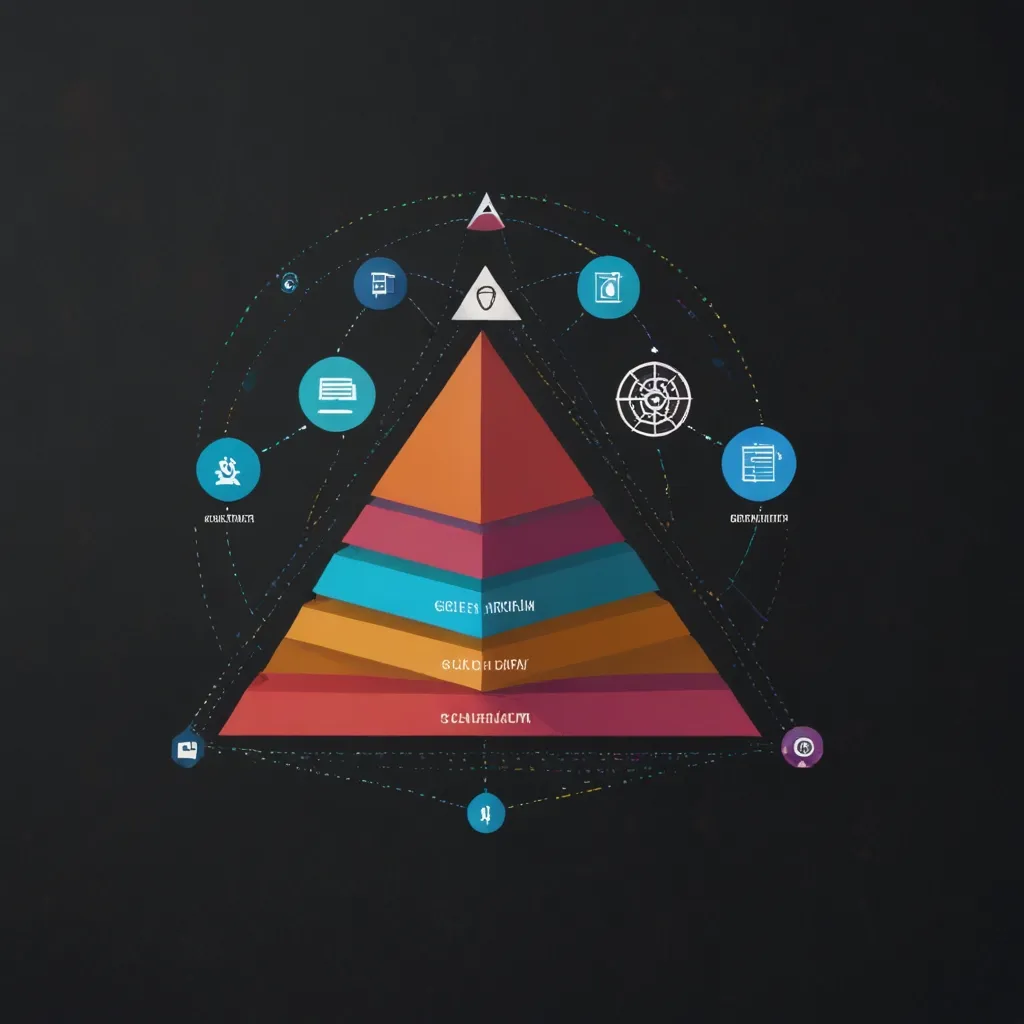Managing your time well is a lifesaver when you’re deep in code, especially if you want to dodge burnout and keep that energy high. Burnout in the programming world is no joke, brought on by tight deadlines, tough technical hurdles, and non-stop pressure. But with some smart strategies, you can juggle your tasks better and stay passionate about your work.
One trick that really works is something called time blocking. Imagine carving out chunks of your day specifically for each project. This way, you make sure every task gets its fair share of your time without you spreading yourself too thin. Picture this: you’ve got three projects. From 8:00 AM to 10:00 AM, you deep dive into Project A. Then, from 10:00 AM to 12:00 PM, you switch gears to Project B, and post-lunch from 1:00 PM to 3:00 PM, it’s all about Project C. This method helps you stay laser-focused and reduces the chaos of trying to multitask.
Another game-changer is prioritizing tasks. A great way to kickstart your day is by tackling the hardest task first. This idea, often called “eating the frog,” suggests knocking out the most challenging job when you’re fresh and full of energy. Say you’re wrestling with a complex algorithm; it’s better to hit this monster early in the morning rather than leaving it for when you’re tired. Doing this not only makes your day easier but also sets a positive tone for the rest of your tasks.
Now, let’s talk about the 80/20 rule, or the Pareto principle. This rule is a lifesaver for perfectionists. It suggests that 80% of results come from just 20% of the effort. That means you don’t have to slave away to make something perfect. Sometimes, “good enough” is more than enough. For example, if perfecting a feature takes 8 hours, ask yourself if it can be good enough with 3 hours of effort. This mindset can save you from a ton of stress and endless work hours.
Regular breaks are another must. Taking short breaks isn’t just a nice thing to do – it’s essential. Whether it’s a quick 15-minute walk, grabbing lunch with a friend, or indulging in a hobby, these breaks re-energize you. Imagine you’re coding away for an hour; take a 15-minute breather to stretch, grab a snack, or chat with someone. These little pauses can do wonders for refreshing your mind and keeping burnout at bay.
Don’t underestimate the power of a healthy lifestyle, either. To keep your productivity up and stress down, getting good sleep, eating balanced meals, and staying active are key. Aim for at least 7-8 hours of sleep each night, don’t go overboard with food, and cut back on caffeine after noon. Regular exercise, even if it’s just a morning jog or an evening workout, can keep your energy levels up throughout the day.
Keeping yourself interested in coding can also be as simple as learning new skills. Spending about 10-20% of your time on new technologies, attending conferences, or earning certifications can make work more exciting. For instance, if you’re a JavaScript wizard, why not dabble in Python or explore data science? It’s a great way to keep things fresh and continually sharpen your skills.
Setting boundaries, both personal and professional, is crucial. Make sure you have defined working hours and stick to them. Avoid checking emails or taking work calls outside these hours. If you’re supposed to clock out at 5:00 PM, ensure you do just that. This practice helps you recharge and prevents the constant pressure of being always available.
Building a sense of community can significantly lower stress levels. Having strong connections with colleagues can boost your job satisfaction and ease the load of your responsibilities. If you’re self-taught, finding a community can make a world of difference. Join online forums, attend coding meetups, or get involved in open-source projects to connect with others. This camaraderie can make your coding journey much more enjoyable and less isolating.
Also, don’t shy away from using time management tools. These tools can help you keep track of your tasks, prioritize what’s important, and estimate completion times more accurately. They help you manage your workload in real-time, making it easier to meet deadlines without pulling your hair out.
Be mindful of overcommitting yourself. It’s better to promise less and deliver more than the other way around. If you’re given a tight deadline, evaluate if it’s doable and voice any concerns you might have. This way, you avoid unnecessary stress and maintain a sustainable workload.
Finally, a shift in mindset can make a huge difference. Instead of focusing solely on productivity, aim for a balanced approach between work and personal well-being. Understand that it’s okay not to complete every single task on your to-do list each day. Prioritize progress over perfection. This balance can help you stay sane and nurture a healthier relationship with your work.
Wrapping it all up, managing your time effectively when coding involves a blend of smart strategies like time blocking, prioritizing tasks, taking regular breaks, staying healthy, learning new skills, setting boundaries, and using helpful tools. By following these tips, you can dodge burnout, stay highly productive, and keep your enthusiasm for coding alive and kicking. The key is finding what works best for you and always keeping your well-being at the forefront.





